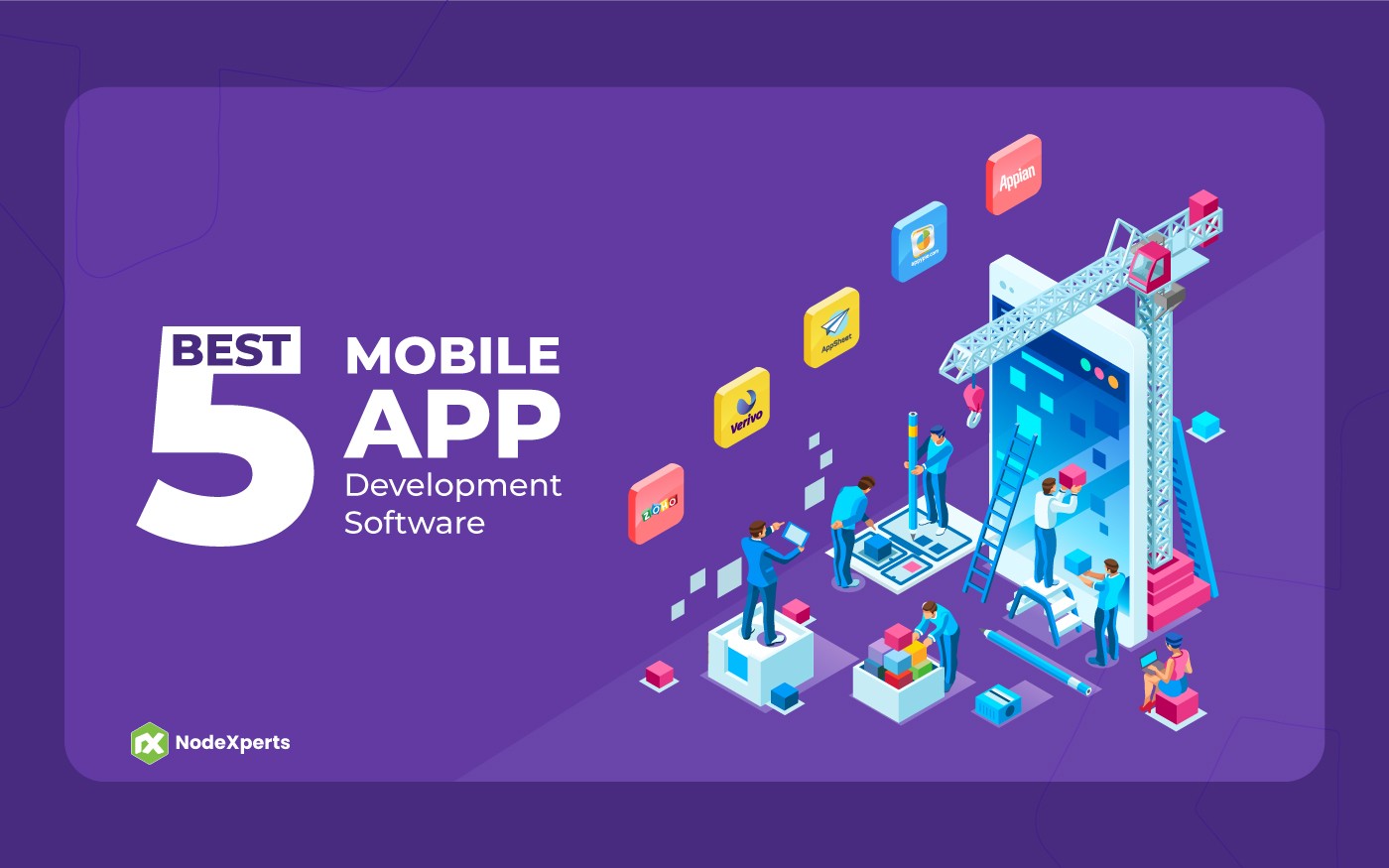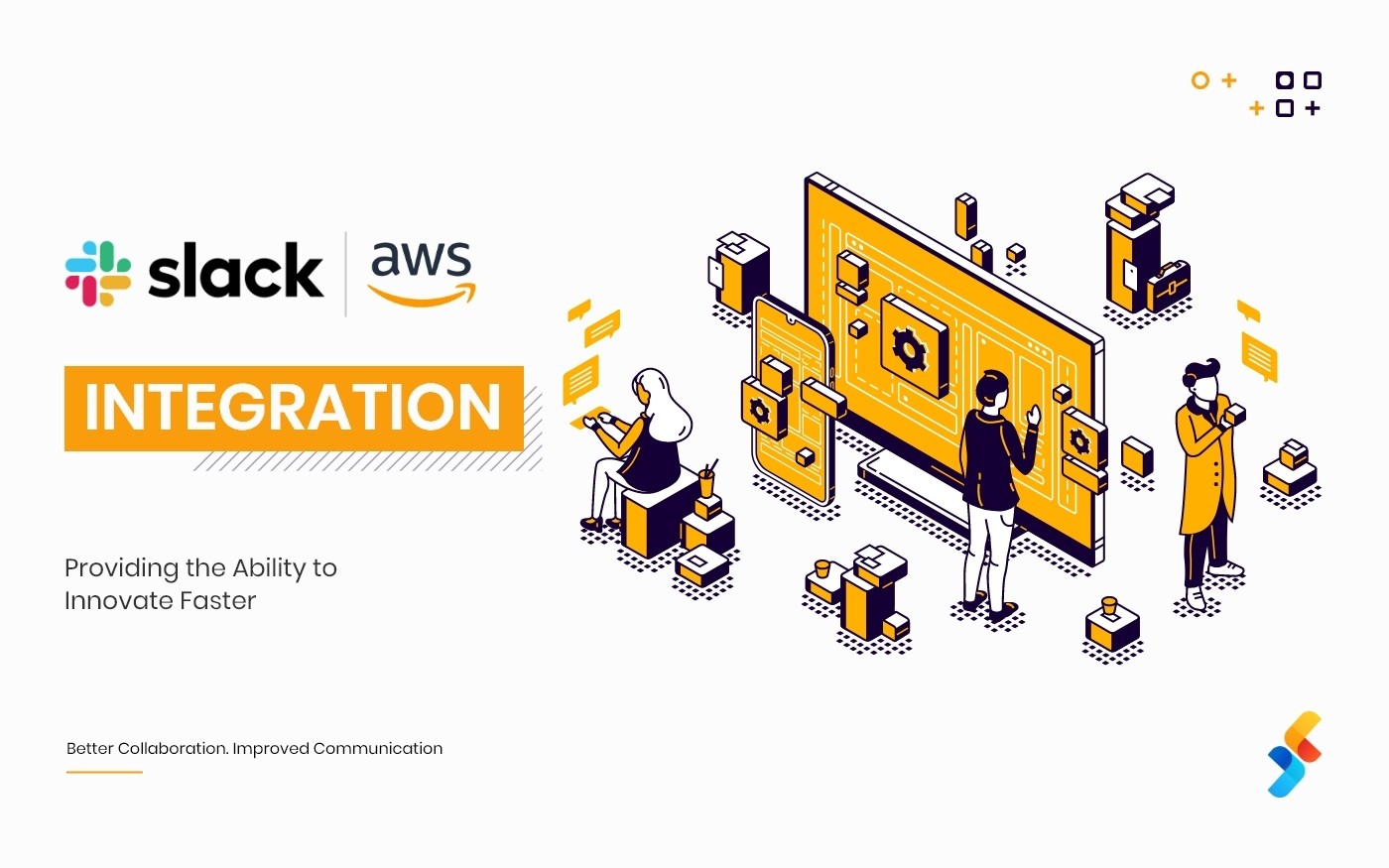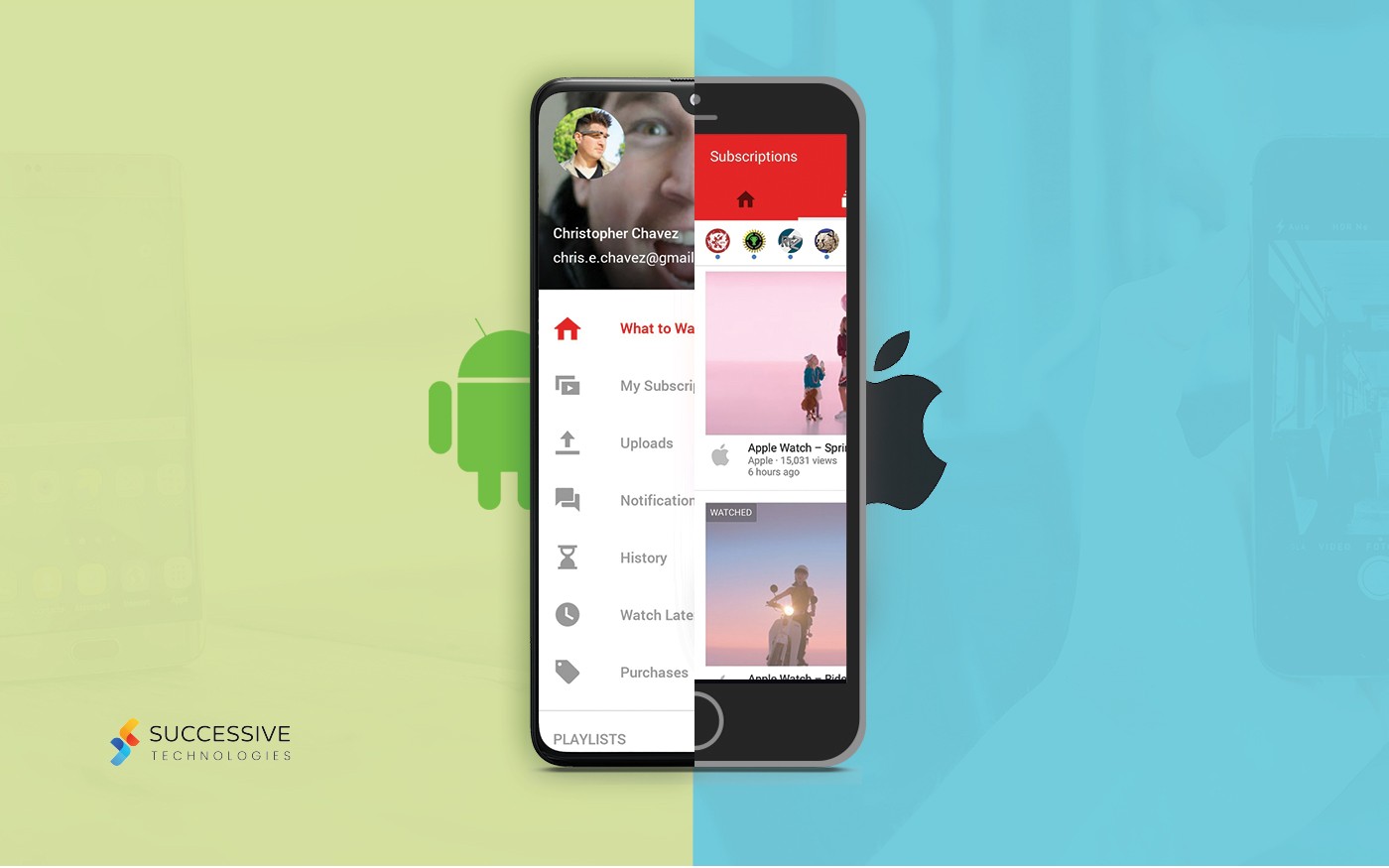Hospitals are those dynamic systems of society that need to run continuously without failing. Managing and maintaining such huge and complex systems is not easy and comes with multiple challenges. Changing economic conditions, adhering to quality standards, government policies, and workforce management require regular monitoring and affect the hospital’s functioning at a great level. To improve the quality of patient care and efficiency of healthcare services, a Hospital Management System can be a comprehensive solution. It is especially designed to streamline operations in healthcare. This blog will give you a comprehensive understanding of the role of hospital management systems in streamlining patient care in today’s digital world.
The Pain Points in Hospital Management
1. Inefficient Resource Allocation
Ineffective resource allocation is one of the biggest problems that healthcare settings and the public health sector face. These institutions urgently require a centralized resource database that will enable them to locate and schedule qualified resources, ensuring optimal resource utilization and project staffing. This is necessary because of the unstable nature of the healthcare industry. Modern resource allocation solutions that support keeping a timesheet, provide complete visibility into time spent on projects, and produce customized reports that identify discrepancies between scheduling and reality must be integrated into advanced HMS systems. All teams can use it to schedule qualified resources on projects, and it offers a central resource management pool along with a skill matrix.
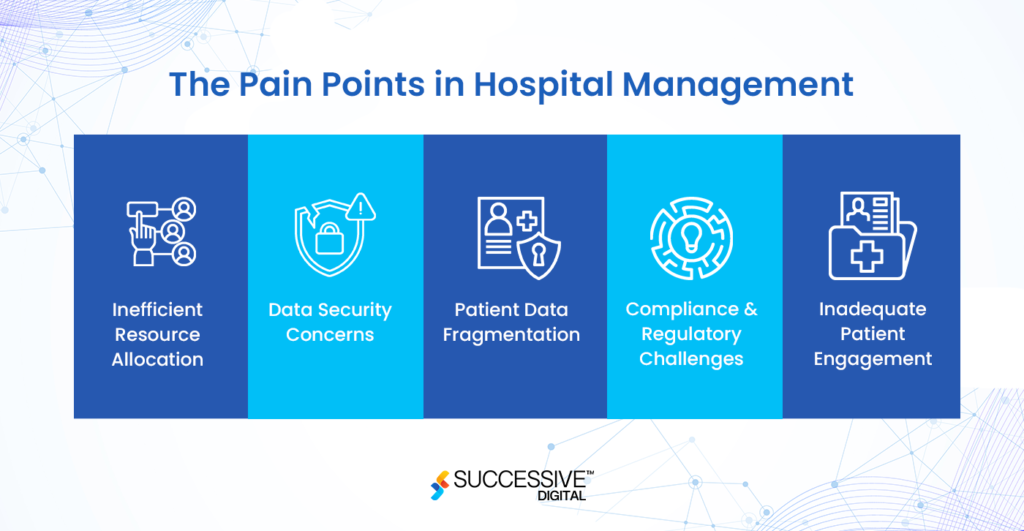
2. Data Security Concerns
We are living in a digitalized world, and healthcare is a part of it. The healthcare industry is on the verge of digital transformation. The biggest threat to healthcare data security is ransomware. There are many other threats that include increased access to sensitive data, lack of secure logins, identity theft, and account takeover attacks that can’t be ignored. E-health records are sensitive and more comprehensive. GDPR is one such measure that is very important in such scenarios, but what if the hospital isn’t adhering to it? Then your data is completely in unsafe hands.
3. Patient Data Fragmentation
Data fragmentation is one of the significant challenges that the healthcare industry is facing. There are millions of pieces of data that are stored in multiple locations, creating huge caches of secondary data and resulting in confusion. Data fragmentation on a wider level can drain your resources and stall your overall productivity. For example, two different teams working for the same client store data at two different places. But if both teams didn’t alter the unnecessary data at the same time, making it more complex, then what?
4. Compliance and Regulatory Challenges
Healthcare can never stop. The world was closed during Covid-19 but healthcare was busy like never before. Life science companies were forced to speed up product development. But, there are a set of guidelines that are a must for all things related to healthcare. In order to adhere to such compliance, you need a robust training program, an effective communication system, and regular monitoring, which is most often neglected.
5. Decreased Patient Engagement
It is important to improve healthcare outcomes, improve satisfaction, and reduce costs. Enough patient engagement helps you retain more patients and remain profitable in the long run. Negative consequences undoubtedly result when patients are not actively involved in shared decision-making regarding their care. A recent Deloitte survey found that consumers of healthcare today want access to digital tools that are practical, adaptable, and user-friendly. The right set of tools can help with effective patient engagement. Hence, healthcare requires continuously innovating new products or features.
The Anatomy of a Robust Hospital Management System
You must now have an idea about the importance of a robust hospital management system. In this section, you will get an understanding of the anatomy of HMS.
Core Modules and Features
- Patient Management- Patient Management is used to manage and monitor patient flow. It can be used for patient registration, data collection, and keeping track of medical records.
- Staff Management- Staff Management is used for human resource administration. It updates hospital structures, tracks recruiting records, and updates job descriptions.
- Inventory Control: Inventory Control is used to regulate the hospital’s stock level. The entire supply chain is automated for the staff’s convenience, so they can prioritize the needs of the patients.
- Billing and Finance- Billing and Finance are used to keep invoicing and payments up to date. The hospital can also keep track of other tasks such as insurance receipts, bills to other departments, etc.
Technical Architecture
- Cloud-based and On-Premise: The only difference between cloud-based and on-premise architectures is the location of data storage. The clinical data will be stored locally on a computer or server on premises. While the data stored in cloud- based management system will be stored in the cloud and backed by premium data security centers.
- API Integrations: APIs are already pre-packaged with tools and functionality. You can develop medical software much faster with them. APIs not only relieve your team of unnecessary work; they also save you money and accelerate the launch of your product.
- Data Encryption and Security Protocols: Since medical offices handle patients’ financial and health information, compliance and data security are crucial. To ensure data integrity and safeguard hospital servers from data breaches, hacker attacks, other cyberthreats, or insurance fraud, HMS products are built with cutting-edge data encryption and security protocols.
How Does the Hospital Management System Help in Streamlining Patient Care?
Streamlining patient care with HMS involves utilizing digital tools and technologies to improve the quality and efficiency of healthcare. Here are the key factors for streamlining healthcare:
1. Centralized Patient Records
All patient-related data, such as medical history, treatment records, diagnostic results, and billing information, is kept centrally in a patient database. This reduces errors in diagnosis and treatment because it reduces the possibility of duplicate or conflicting information. Strong security measures can be added to centralized databases to safeguard patient information from intrusions or unauthorized access. For example: When a patient who previously visited the cardiology department for a heart condition comes back to the hospital, but this time rushing towards emergency because of chest pain. The instant access to the patient’s whole medical history by the emergency team—including previous ECG reports, medications, and allergies—allows for a more precise diagnosis and prompt treatment.
2. Efficient Scheduling and Resource Allocation
In order to properly schedule patient visits, HMS can use algorithms that take into account things like doctor availability, patient preferences, and urgency. This reduces patient wait times and maximizes the use of available resources. In order to minimize downtime and increase facility efficiency, the system can also allocate resources like operating rooms, diagnostic tools, and employees according to demand. Let’s suppose: An HMS with algorithmic scheduling is adopted by a busy clinic. Patients can schedule appointments online or using a mobile application. The technology constantly modifies appointment times to make sure the appropriate specialists are accessible to handle urgent cases as soon as possible.
3. Enhanced Patient Engagement
The integration of telemedicine elements into HMS enables patients to book virtual appointments with medical professionals. This improves patient access to healthcare services, especially for those who live in distant places or have mobility issues. Patients can actively engage in their healthcare decisions by having access to their medical information, test results, and treatment plans through secure online portals. For example, A healthcare center uses their HMS to implement telemedicine during COVID-19. Patients can communicate with their doctors remotely, lowering the danger of viral exposure.
Addressing Data Security with HMS
- Role-based Access Control- RBAC is a security tool that limits access to information and system features based on a user’s position within the company. In the context of an HMS, this refers to the fact that healthcare staff are only given access to the data and features they require to carry out their duties.
- Data Encryption Techniques – To prevent unwanted access, data must be transformed into a code through the process of data encryption. Techniques for data encryption are used in an HMS to safeguard data while it is at rest (in databases) and in transit ( over networks).
- Compliance with HIPAA and GDPR – Healthcare data security and privacy are regulated under HIPAA in the United States. To secure patient information, all HMS must adhere to HIPAA rules. Strict access restrictions, encryption, auditing, and rules and procedures are required as part of HIPAA compliance in order to protect patient data. Requirements for breach notification are also included. The protection of personal data is governed by GDPR, a regulation of the European Union. When processing patient data, organizations, including HMS providers, are required to follow GDPR.
The Impact of HMS on Operational Efficiency
In order to increase operational effectiveness in healthcare, hospital management systems (HMS) are essential. An outline of how HMS affects operational effectiveness is provided below:
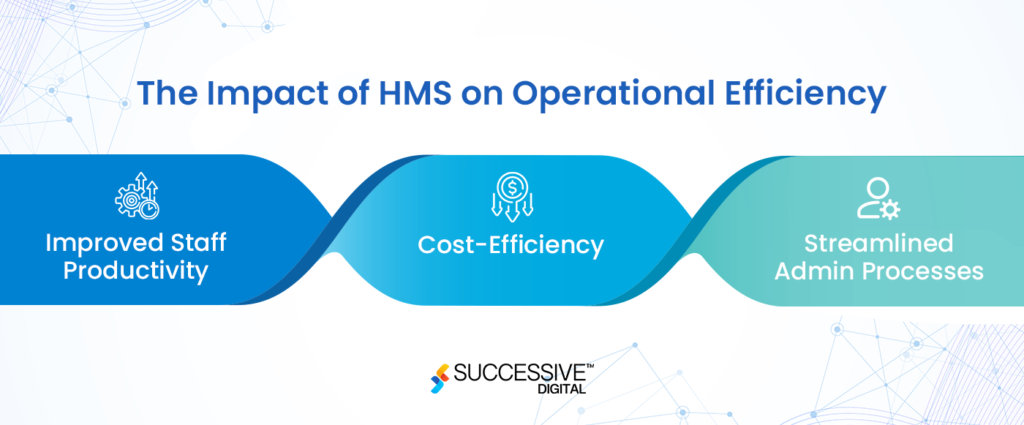
Improved Staff Productivity
HMS automates a variety of clinical and administrative operations, including scheduling appointments, billing, and keeping records. Healthcare providers can easily and securely access patient data with the use of consolidated patient records and electronic health records (EHRs). Healthcare practitioners can communicate more quickly by exchanging information, updates, and test results in real time. A hospital that uses an HMS discovers that nurses spend less time doing paperwork and manual charting. This additional time enables nurses to give patients more individualized care, which enhances patient outcomes and satisfaction.
Cost-Efficiency
HMS minimizes the necessity for paper-based work and physical record storage by digitizing administrative procedures and patient records. By automating billing procedures, HMS reduces billing errors and makes sure that claims are presented truthfully and promptly. HMS assists healthcare organizations in making the best use of all of their resources, including tools and facilities, with features like algorithmic scheduling and inventory management. When a healthcare facility uses an HMS, billing errors and claim denials decline. This can help them receive more money rapidly, which enhances their financial stability.
Streamlined Administrative Processes
Online appointment scheduling is a feature of HMS systems, which eliminates the need for manual scheduling and phone calls. Patients can arrange appointments whenever it is convenient for them, and medical staff can better manage their calendars. It has reduced paperwork and streamlined check-in with digital registration procedures, which shorten wait times and enhance patient satisfaction. HMS assists in effective inventory management by monitoring drug and medical supply utilization. Due to improved procedures, a healthcare institution that uses an HMS discovers that patient registration times have greatly decreased. Less waiting time is appreciated by patients, which raises satisfaction levels.
How has Successive helped in the Digital Transformation of Healthcare?
As a full-fledged software development company with expertise around Cloud & DevOps implementation, Successive has helped healthcare organizations in enhancing customer experiences, ensuring applications’s availability, operational efficiency and total cost optimization for better healthcare solutions. Let’s check the impeccable digital transformation solutions Successive has delivered to healthcare organizations for different healthcare needs.
1. Modernized Legacy Healthcare Application
- Quick Summary: One of at-home screening or self-collected samples provider from US wanted to close the screening gaps performed through its healthcare application and improve HEDIS quality of healthcare services. They wanted to leverage modern telehealth solutions backed by cloud-based technologies to effectively deal with explosion of healthcare data and making the data accessible, computable, and usable to improve business outcomes.
- Final Result: Experts at Successive offered application modernization services and revamped the client’s end-to-end infrastructure on a cloud platform. It improved their code by 90% and increased revenue by 20%. Additionally, it provided 24X7 monitoring system and managed quality control. Want to read more — click here!
2. Digital Healthcare Platform Development
- Quick Summary: A digital public health SaaS solution company from California focused on reducing preventable disease and death wanted to modernize patient care and communication with an advanced web platform. Due to the outdated code base and server configuration, they were experiencing downtime and slow response times. They wanted to make it simpler for locals to get medical help and for healthcare professionals to communicate with patients and the community regarding Covid-19 cases.
- Final Result: Experts at Successive modernized patient care with an advanced web platform. Additionally, it gave leverage to industry leading web technologies. The solution reduced their cost by 35% and improved the customer experience by 90%. Want to know more about it? – click here!
Future Trends in Hospital Management Systems
Hospital management systems (HMS) are constantly changing in order to satisfy the expanding demands of the healthcare sector and make use of cutting-edge technologies. The following three future trends are anticipated to influence the creation and application of HMS:
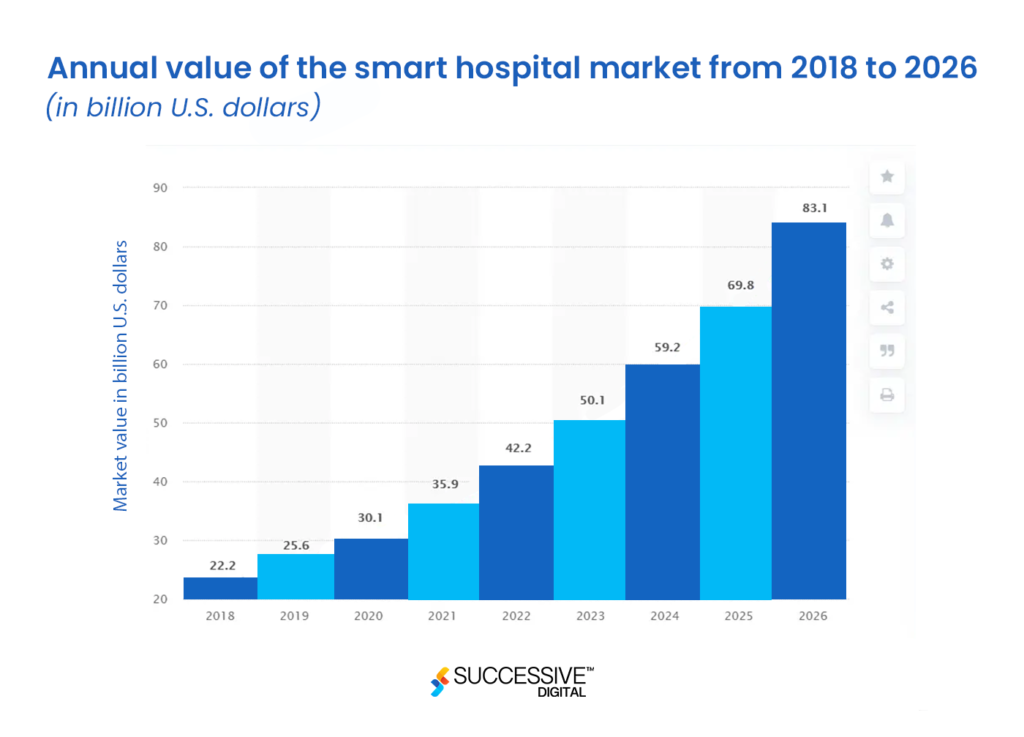
Integration of AI and Machine Learning
A number of aspects of healthcare management are going to change as a result of the integration of AI and ML into HMS. Large-scale data processing, meaningful insight extraction, and task automation are all possible with AI development services, which improve decision-making and efficiency.
Below are some real time applications of AI and ML in healthcare:
- Predictive Analysis: Analytics that predict illness outcomes, possible risks, and treatment results are possible with AI and ML. This can help medical professionals give individualized and pro-active care.
- Clinical Decision Support: By evaluating patient data and comparing it to medical research, clinical decision support systems powered by AI can help clinicians make diagnoses and suggest treatment strategies.
- Resource Allocation Optimization: By anticipating patient admissions, controlling bed occupancy, and ensuring that the appropriate staff is available when needed, AI algorithms can optimize hospital resource allocation.
- Natural Language Processing (NLP): NLP tools can be used to glean important data from unstructured clinical notes, enhancing data accessibility and study.
Blockchain for Secure Transactions
HMS is embracing blockchain technology, which is well-known for its security and transparency. It can offer a tamper-proof, unchangeable ledger for medical transactions, preserving the security and integrity of patient information. The right blockchain development company can help you leverage blockchain based solutions.
Below are some real time applications of Blockchain in healthcare:
- Secure Health Records: To safeguard the confidentiality and integrity of data, blockchain technology can be used to safely store and exchange patient health records.
- Drug traceability: Blockchain technology in pharmaceutical management can monitor the manufacture and delivery of drugs, lowering the risk of phony pharmaceuticals.
- Consent Management: Patients can use smart contracts to provide or cancel access to their data and exert more control over it.
- Billing and insurance: Blockchain can speed up the claims processing procedure, lowering billing and insurance fraud and mistakes.
IoT-Enabled Medical Devices
The healthcare industry is opting for IoT app development services to link medical equipment and gadgets to the internet, enabling real-time monitoring and data collection.
Below are some real time applications of IoT in healthcare:
- Remote patient monitoring: It enables early intervention and decreases hospital admissions by remotely monitoring patients’ vital signs and transmitting data to healthcare professionals.
- Asset tracking: IoT can monitor the whereabouts and condition of medical supplies and equipment, assuring their accessibility when required.
- Energy Management: IoT can optimize energy use in healthcare institutions, lowering expenses and having a smaller negative impact on the environment.
Conclusion
By incorporating technology and digital solutions into healthcare operations, Hospital Management Systems (HMS) play a crucial role in streamlining patient care. HMS acts as the foundation of contemporary healthcare facilities, providing a full range of tools and features that boost productivity, improve patient outcomes, and guarantee data security.
An efficient HMS is more than simply a tool in the rapidly changing healthcare environment; it’s a strategic asset that may improve patient outcomes, reduce costs, and provide businesses with an edge. To assure the best treatment for their patients and the longevity of their organizations, healthcare providers need to act pro-actively by establishing or upgrading their HMS. Are you looking for a robust healthcare management system? We at Successive offer the best healthcare management solutions. Get in touch with us!










